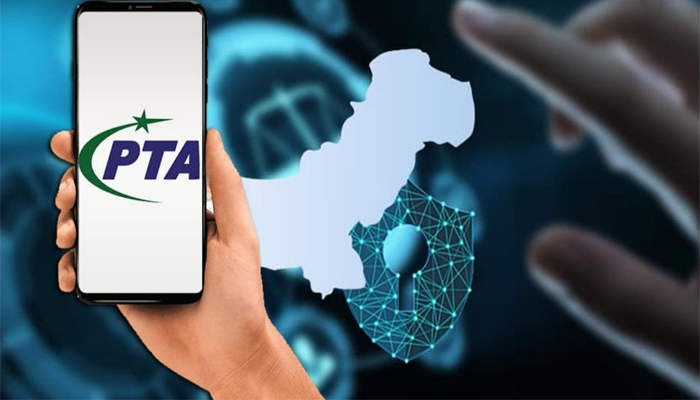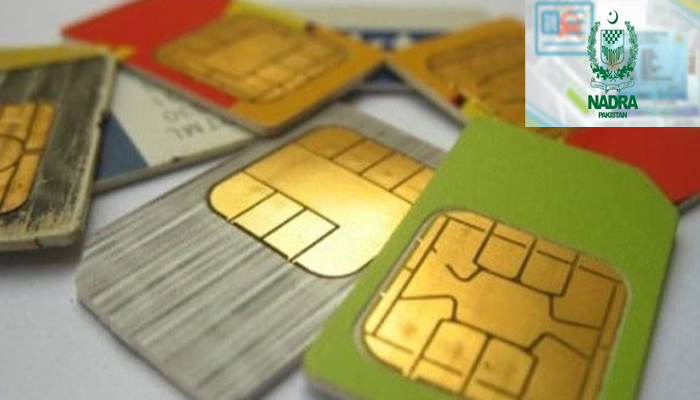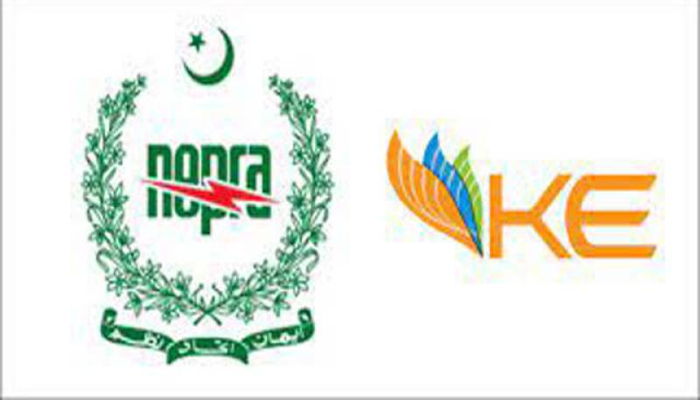ISLAMABAD: The Pakistan Telecommunication Authority (PTA) has issued a public alert warning citizens about a surge in fraudulent calls and text messages being used to steal personal information and sensitive data.
According to a statement released on Thursday, scammers are impersonating representatives of telecom companies, banks, and even government agencies to trick users into sharing their CNIC numbers, bank details, and mobile verification codes (OTPs). Once this data is obtained, it is often used for illegal financial transactions or to gain access to victims’ mobile accounts.
PTA has urged the public to remain vigilant and avoid responding to suspicious calls or texts that ask for personal information. “The public is advised not to share personal or financial information on unknown calls or messages, even if the caller claims to be from a legitimate institution,” the statement read.
The authority also emphasized that no telecom company or bank will ever ask for confidential information such as PINs, passwords, or verification codes over a phone call or SMS.
The cybercrime wing of the Federal Investigation Agency (FIA) is working with telecom operators to track down the origin of such fraudulent activities. PTA noted that the issue is being addressed with urgency, and efforts are underway to shut down SIMs and accounts found to be involved in scams.
To help users report such incidents, PTA has provided a short code — 7726 — where citizens can forward any suspicious message for verification. PTA also recommends reporting fraudulent calls to the nearest FIA cybercrime office or through the complaint portal.
Security experts welcomed PTA’s advisory, highlighting that cyber scams are on the rise due to increasing digital penetration and lack of public awareness. They urged the need for a long-term public education campaign to combat digital fraud and enhance cyber hygiene among mobile users.
PTA has reiterated its commitment to protecting consumers and maintaining a safe digital environment. It also urged media outlets and influencers to help spread awareness and prevent innocent users from falling victim to these deceptive practices.









